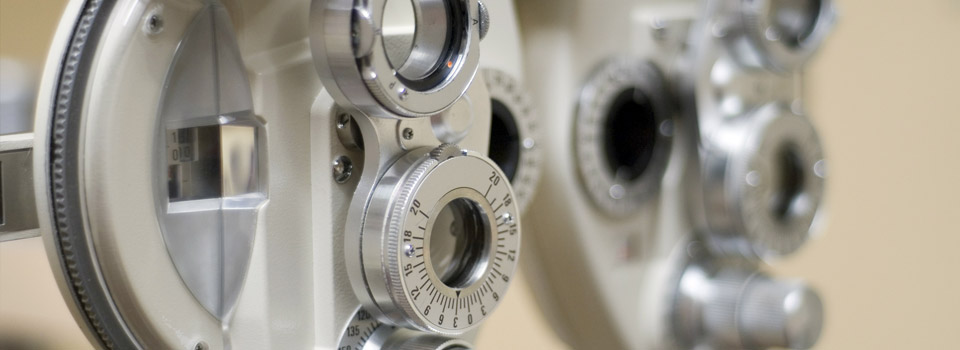IRITIS - An inflammation affecting the eye.
The iris is the colored portion of the eye. It contains muscles that contract and relax in response to light and other stimuli including emotional states. Muscle activity in the iris changes the size of the pupil, thus regulating the amount of light entering the eye.
Inflammation of the iris and other nearby structures is called iritis, also known as anterior uveitis or iridocyclitis.
Iritis has many causes including but not limited to eye trauma, following eye surgery, some medications, malignancy, infection, adverse reaction to contact lenses, and association with general health problems that often have an autoimmune component (for example inflammatory bowel disease, ankylosing spondylitis, juvenile rheumatoid arthritis among others).
Iritis may be acute or chronic. Nearly half of acute iritis is idiopathic, meaning that there is no cause found for it. Recurrent episodes of acute iritis, iritis involving both eyes, or chronic iritis often indicate a need for medical testing to search for an associated underlying general health condition.
Recurrent episodes of iritis and chronic iritis can be associated with development of glaucoma and premature development of cataracts, and may affect structures deeper within the eye thus compromising vision.
Symptoms of iritis include blurred vision, tearing, light sensitivity (also called "photophobia"), eye pain that often radiates into the brow or forehead, pain upon focusing for near vision, and redness of the eye that often increases towards the limbus (which is the junction of the white of the eye with the cornea). However, some patients with iritis have no symptoms.
Treatment of iritis typically involves the use of anti-inflammatory steroid eye drops coupled with drops that dilate the pupil of the eye. The frequency of these drops is adjusted based on how the inflammation responds. Medical treatment of any underlying general health conditions may also contribute to managing iritis.
Any time you have a new onset, red eye with aching pain and light sensitivity, you should contact your Doctor of Optometry immediately for diagnosis and treatment.
Dr. Tim Styles, OD


